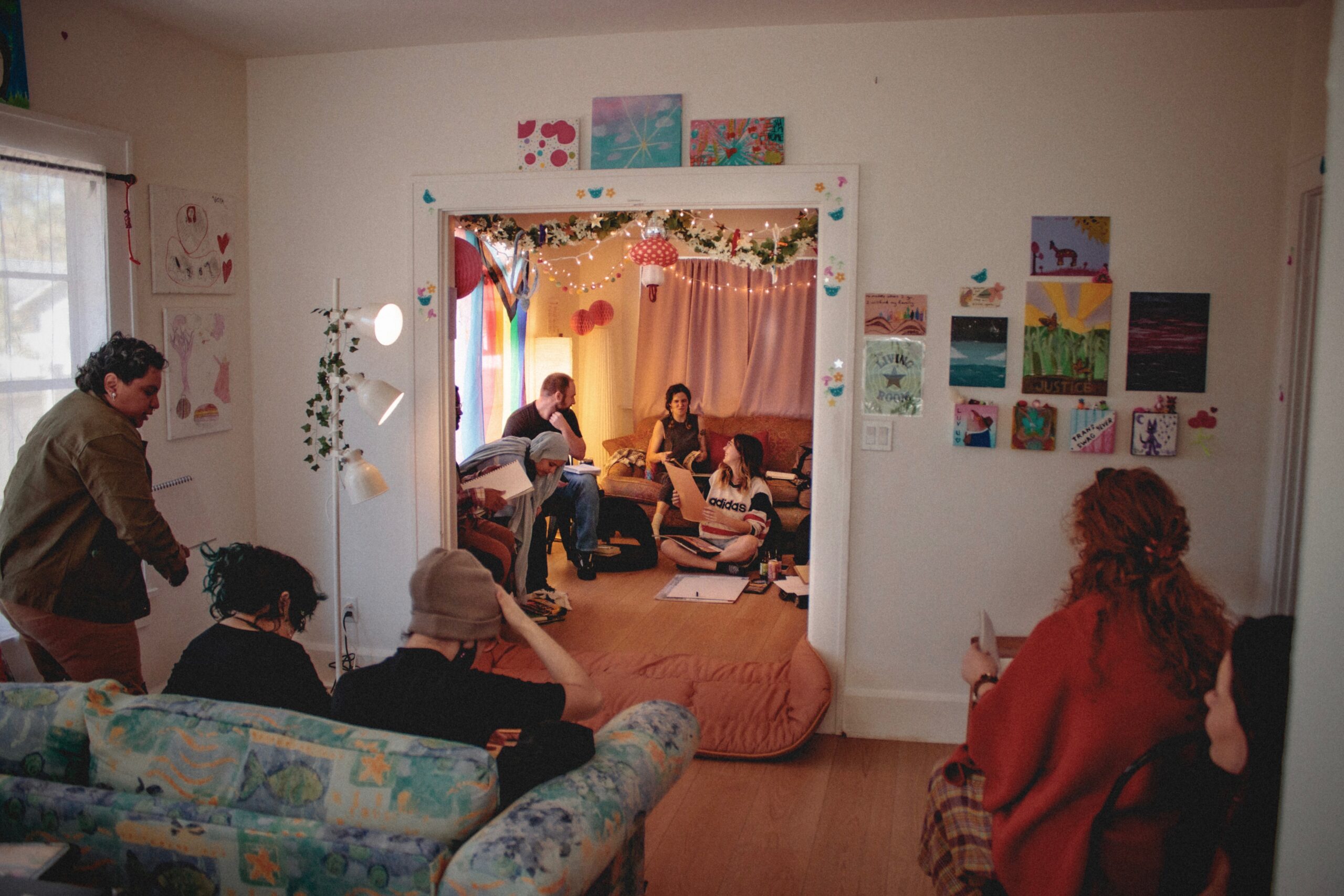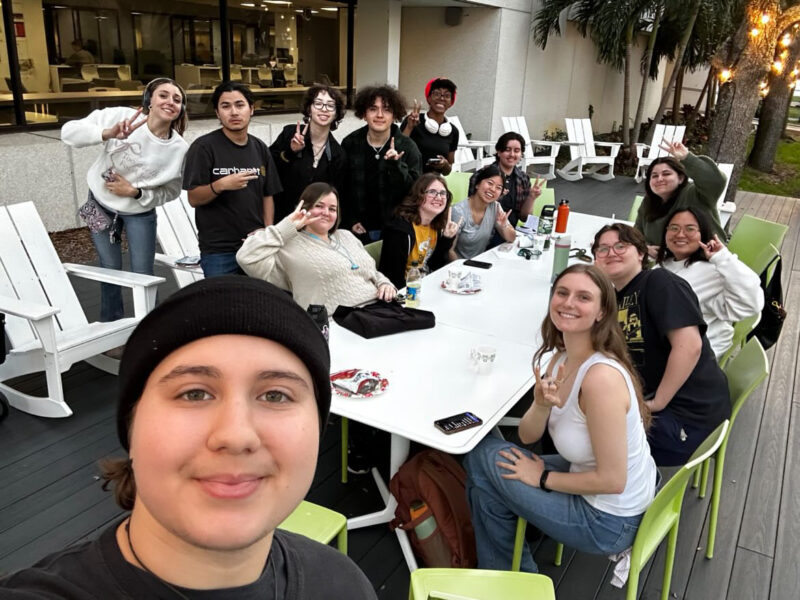Photos courtesy of Kyonna Henry and Nathan Tout-Puissant.
By Nathan Poinsette
Every year in February, African Americans across the country come together to celebrate Black History Month. Originating during a 1915 summer in Chicago, through the efforts of historian Carter G. Woodson, this tradition aims to raise awareness of Black achievement within the United States and the ongoing struggles that African Americans face in this country.
Director of Student Life and Engagement, Kyonna Henry, and Vice President of the Black Student Association (BSA) Nathan Tout-Puissant at the University of South Florida St. Petersburg gave in-depth insights into their perspectives of what Black History Month looks like to them, their opinions on impending Florida legislation’s efforts to negatively impact black history in schools, ways to solve the decrease in Black student and staff retention rates at USF, and upcoming campus Black history events.
With roughly 3,995 or 9.1% of USF students identifying as African American, the population of Black students and staff members is small, but mighty. Being the first Black woman in her role, Henry is setting a precedent for leading and guiding student organizations.
“I take honor and pride in being the first Black woman, as Director of Student Life and Engagement at this campus. I am going to celebrate myself in February,” she said. “Black History Month to me means the opportunity to escalate the shine that I bring, to escalate my culture, my heritage, my past, my present, and my future.”
Henry is also the mother of a 6-year-old girl, a kindergartener here in Pinellas County. Although her child will be taught Black history in school, Henry wants more for her daughter.
“I want to amplify at home some things she will probably not learn in her classroom. We go to the library to read lots of African American books that are banned. I want her to hear stories from my mother and other family members to continue that history from our voices,” she said.
Henry is making efforts day in and day out to make sure her daughter is well educated on her rich heritage and culture in this ever-evolving political climate.
“It is an effort that a lot of people must put their hands, hearts, and minds in. It’s not one entity, one person, or one department that would be able to do this. This is not an admissions job to bring the Black folks on campus, it is everyone’s job to bring them here and keep them here,” Henry said when asked how the St. Petersburg campus can bring in more Black students and staff.
USF is developing a strategic enrollment plan to identify where work needs to be done, according to a university statement provided to The Oracle by Director of Media Relations Althea Johnson. USF will be working with higher education consulting firm Ruffalo Noel Levitz (RNL) to carry out the strategic enrollment plan, the statement read. Approved projects will be implemented this year.
In the case of Nathan Tout-Puissant, political science undergraduate student and vice president of the BSA, he uses the time in February to celebrate Black history and all its accolades. He also mentioned how access to Black history in education has slowly diminished over his lifetime.
“It is a time that we celebrate all the things that we accomplished, especially a lot of the black history I grew up with isn’t what I am seeing now, and it is slowly getting phased out. So, it is to know our accomplishments, to know what we contributed, and to know what we can continue to do, not only as a community but as individual people,” he said.
Tout-Puissant’s comments about Black history being phased out stems from Florida’s rewrite of its African American history standards that came in response to a 2022 law signed by Gov. Ron DeSantis. Known as the “Stop W.O.K.E. Act,” the law prohibits instruction that could prompt students to feel discomfort about a historical event, because of their race, sex, or national origin.
The law, in conjunction with the Florida Department of Education altered its public-school teaching standards to state how, “slaves developed skills which, in some instances, could be applied for their personal benefit.” There is a clear threat to Black history in education.
“Regardless of legislations, as long as we stand together, take the time to educate ourselves, and celebrate our culture, nothing will dissuade our people,” Tout-Puissant said.
In terms of Black History Month events on campus, the campus hosted a few for students, staff, and community members to participate in.
On Feb. 13, BSA hosted Sex & Chocolate in the Office of Multicultural Affairs (OMA).
On Feb. 15 BSA collaborated with Pride Alliance for a talk surrounding the intersectionality of identities between LGBTQ and Black communities.
The main event is the Ebony Ball, which will be hosted on Feb. 22 in the USC Ballrooms.
BSA will end the month with an event called “What’s The Tea.” This will be a general discussion on trendy topics surrounding black culture taking place in the OMA at 5:00 p.m. on Feb. 27.
“February is a time for celebration, happiness and joy,” Henry said.



